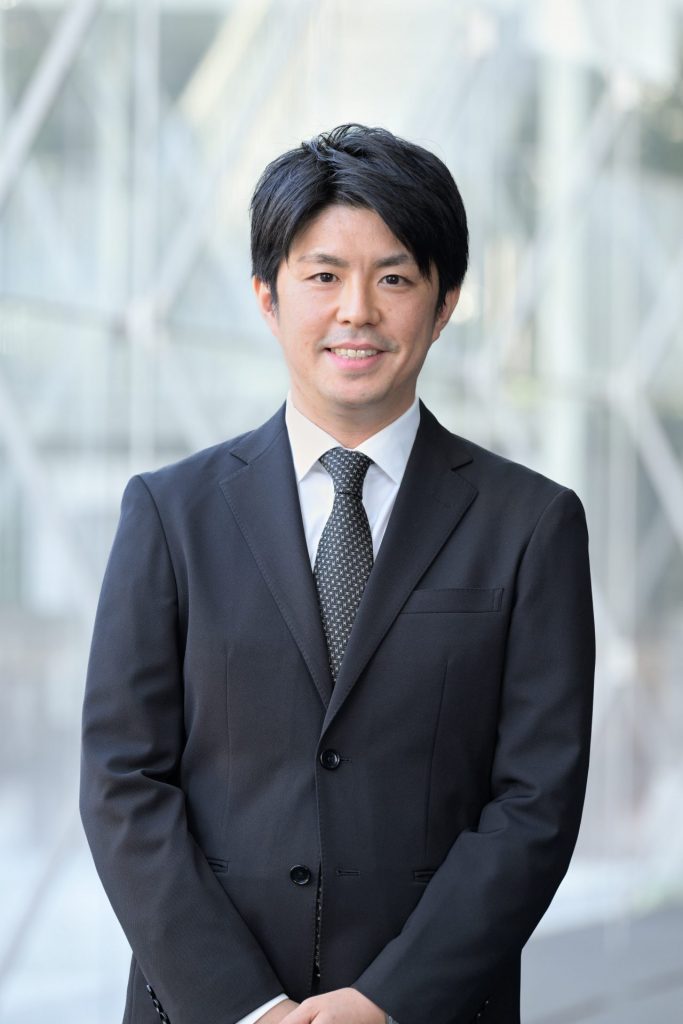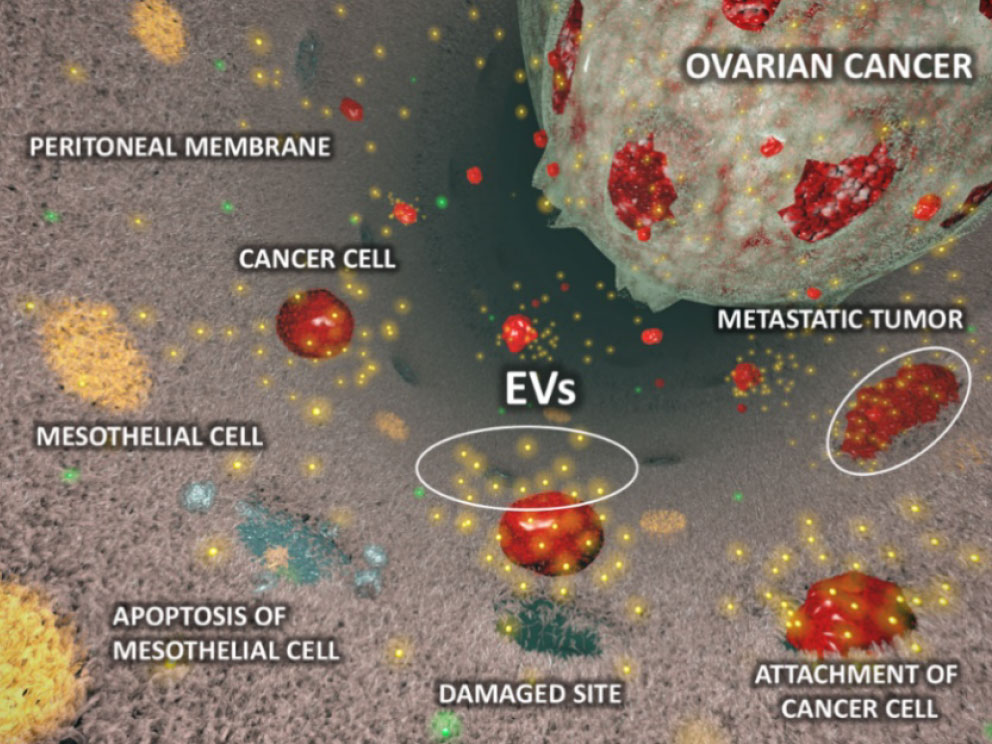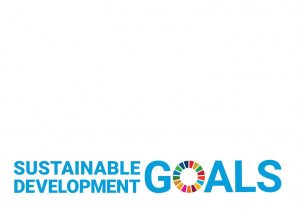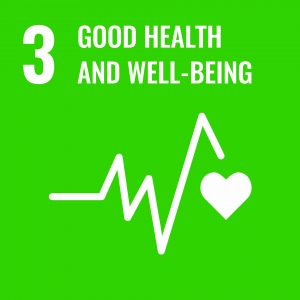Biology
Medicine
Obstetrics and Gynecology

YOKOI Akira
Starting year 2021
Nagoya University
Nagoya University Hospital
Lecturer
Research Areas:Life Science
Research fields
Research Interests
Extracellular Vesicles
Exosomes
Liquid biopsy
Biomarker
Professional Memberships
The Japan Society of Obstetrics and Gynecology
The Japanese Cancer Association
The Japanese Society for Extracellular Vesicles
American Association for Cancer Research
International Society for Extracellular Vesicles
Main research topics
My research carrier has been established from the background of my being OBGYN doctor, and the specific focus was ovarian cancer. Ovarian cancer cells easily metastasize into the abdominal cavity, and most patients are diagnosed as advanced stage with peritoneal metastasis, resulting in extremely poor prognosis. Two major factors contributing to the poor prognosis are (1) difficulty in early detection and (2) high frequency of peritoneal metastasis. Exosomes are membrane vesicles of about 100 nm that are released by all living cells, and are known to contain various bioactive molecules such as proteins and nucleic acids. I decided focused on exosomes for contributing to resolving those issues. First, we found that exosomes derived from ovarian cancer cells promote metastasis in a mouse model of peritoneal dissemination, and revealed that the mechanism about involvement of ovarian cancer cells and mesothelial cells via exosomes (Figure, Yokoi et al., Nature Communications 2017). In addition, targeting microRNAs that are encapsulated in exosomes and circulating in blood, we reported the high potential of serum circulating microRNAs as diagnostic biomarkers by analyzing a large sample of over 4000 samples (Article 1). We also analyzed DNA-carrying exosomes released by ovarian cancer and elucidated the mechanism by which cancer cells transport DNA to exosomes (Article 2). After returning from the U.S. in 2020, I have started to research aimed at clinical application of exosomes. The research situation surrounding exosomes is changing day by day, and global markets are expanding. We are pursuing unknown and important functions related to diseases from basic to translational aspects, aiming to disseminate new knowledge to the world.



Representative papers
Yokoi A., Sood AK et al.. Mechanisms of Nuclear Content Loading to Exosomes. Science Advances. 2019. Nov 20;5(11):eaax8849.
Yokoi A., Kato T and Ochiya T et al., Integrated extracellular microRNA profiling for ovarian cancer screening. Nature Communications. 2018 Oct 17; 9(1): 4319.
Research URL
Researchmap
https://researchmap.jp/akirayokoi
The program for promoting the enhancement of research universities
Young researcher units for the advancement of new and undeveloped fields, Nagoya University
“Nanotechnology based advanced approaches for cancer extracellular vesicles”
http://www.aip.nagoya-u.ac.jp/ru/menu_b/post-36.html
Global issues to be solved through this project
Overcoming transitional women’s total health care problems: From Pregnancy to Cancer
The purpose of this project is to contribute to the solution of problems that arise in various life stages of women by investigating extracellular vesicles in bio-fluids. At the beginning, the target problems are infertility, high-risk pregnancy, and gynecological malignancies, and the research topics are searching for: 1. the biomarkers of fertility treatment response for efficient assisted reproductive medicine; 2.the biomarkers to predict high-risk pregnancy/fetal outcome by amniotic fluid EV analysis; 3. the biomarkers for the selection of treatment drugs in gynecological cancer patients and to create a new model of medical care. We are trying to accumulate new knowledge that can contribute to practical medical care by analyzing body fluids such as blood, urine, follicular fluid, amniotic fluid, and ascites.
Interview
No interview
News
-
お知らせ
T-GEx Fellow Dr. Akira YOKOI, Nagoya University, edited an article in Experimental Medicine (Yodosha).
-
お知らせ
T-GEx Fellow Dr. YOKOI Akira, Nagoya University, has been awarded the Medical Research Encouragement Prize of The Japan Medical Association
-
お知らせ
Dr. YOKOI Akira, Nagoya University Hospital, published a paper in “Nature Communications”.
-
お知らせ
T-GEx fellow Dr. YOKOI Akirai, Nagoya University, published a paper in an internet article on NBC in the United States.
-
お知らせ
T-GEx Fellow Dr. YOKOI Akira, Nagoya University Hospital, published a paper in “Science Advances”.
-
お知らせ
The name was changed to T-GEx Fellow and T-GEx Associate.
-
お知らせ
Academic Mentor for FY2021 T-GEx Fellows has been decided.
-
お知らせ
Kick-off meeting for AY2021 T-GEx Fellows was held.
-
お知らせ
The 8 T-GEx Fellows were selected for AY2021 T-GEx program.

